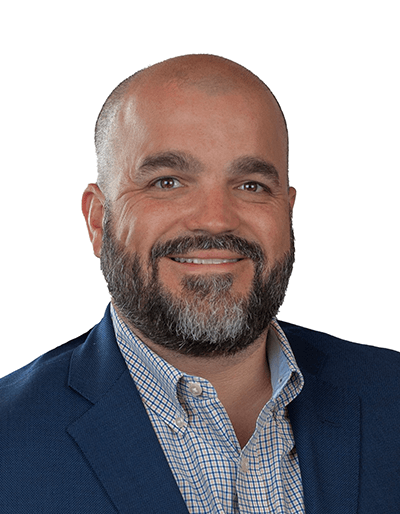There are two main types of bankruptcies for consumers:
Chapter 7 allows you to eliminate most unsecured debts in a matter of months in return for giving up all “non-exempt” property — if you have any.
Most people, who file for Chapter 7, have no available non-exempt property or equity. Whatever they still own by the time they file is either protected by exemption laws, or pledged to a secured creditor as collateral for a debt and therefore not available to pay off unsecured creditors.
These are known as “no asset” bankruptcies, and most Chapter 7s are of this type.
Chapter 13 takes 3 to 5 years. Instead of giving up property, you repay a portion of your debts and live within a strict budget that is monitored closely by the bankruptcy court trustee. If you can’t make the required monthly payments, your Chapter 13 bankruptcy fails and your debts will remain (unless you convert to a Chapter 7 bankruptcy).
Chapter 13 is commonly used by people who are behind on secured debt payments (e.g., mortgages) and want to propose a Chapter 13 plan to catch up on these payments over time.
Under the new bankruptcy law, which took effect in October 2005, a mathematical formula called the “means test” establishes an initial determination of the kind of bankruptcy you qualify for: Chapter 7, Chapter 13, or either. This formula takes into account:
- your monthly income
- the amount and kind of your debts, and
- other aspects of your financial situation
If your annual income is less than the Texas median income for your household size, then you can file for Chapter 7 or Chapter 13, (assuming you meet other qualifications). If your income is higher than the state median, you must first complete a long list of expense deductions to estimate what your ‘disposable income’ will be over the next five years. The result of this calculation determines whether you can file for Chapter 7, or are left with Chapter 13 as your only option.
Take the Bankruptcy Means Test to see if you qualify.
Contact Bethlehem Bankruptcy Lawyer today for a free consultation at 800-123-1234.


